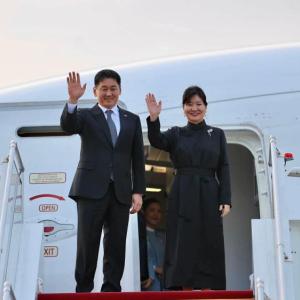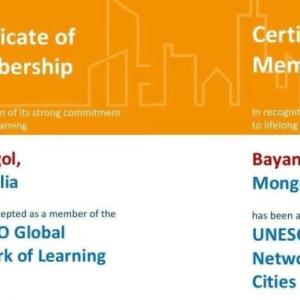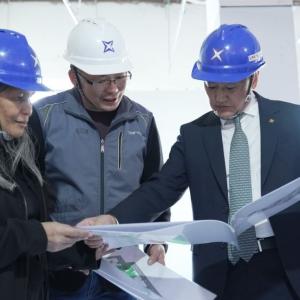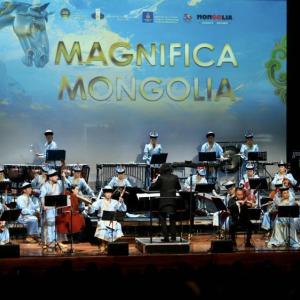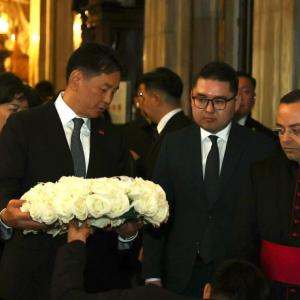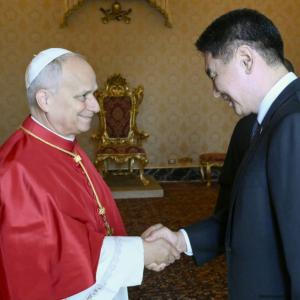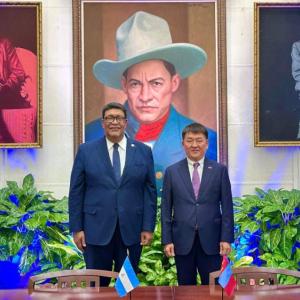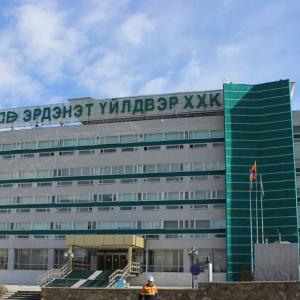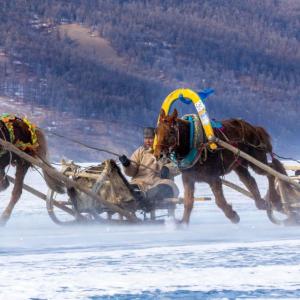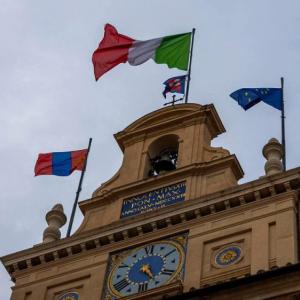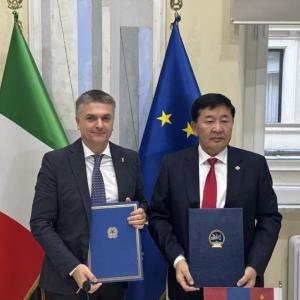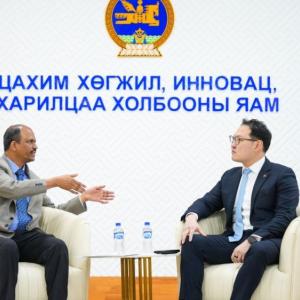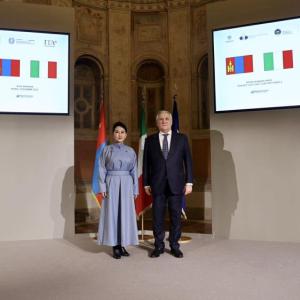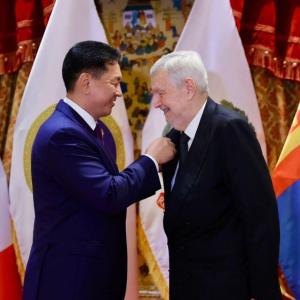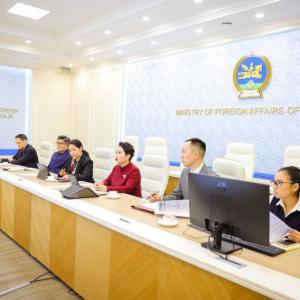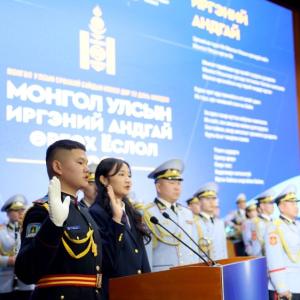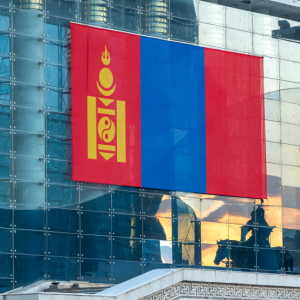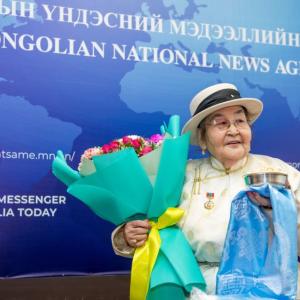Dulguun Tsogbadrakh: Nomadism is Not Just Something We Associate with Herders; It's a Mindset, a Lifestyle
Art & Culture
Ulaanbaatar, March 27, 2025 /MONTSAME/. The Launch Event of the book "Authentic Mongolia," written by Dulguun Tsogbadrakh, an author, traveler, and translator, took place at iCinema, Ulaanbaatar, Mongolia, on March 25, 2025.
The newly launched book explores Mongolia’s history, landscape, people,
traditions, culture, and art. Written in a clear and accessible format,
“Authentic Mongolia” is suitable for a wide range of readers, from young
learners and casual readers to scholars.
“Authentic Mongolia” takes readers on a journey through Mongolia’s vast
steppes, towering mountains, and serene deserts. Furthermore, the book delves
into Mongolia’s rich history, from the era of the Hun Empire to the present
day, while also shedding light on the lives of modern Mongols. Through
astounding narratives, Ms. Dulguun introduces readers to nomadic traditions,
unique customs, and the deep-rooted culture and heritage that continue to
define Mongol identity.
What sets “Authentic Mongolia” apart is its balance between simplicity
and depth. The author condensed historical and cultural themes into a format
that is informative and engaging, ensuring that anyone can appreciate the
beauty, as well as the authenticity of Mongolia.
Ms. Dulguun Tsogbadrakh dedicated a significant amount of time to the
research and development of her book. “It took two and a half years to
complete. However, my research and writing were drawn from my 15-16 years of
experience in the travel industry as a tour guide," the author noted.
Ms. Dulguun Tsogbadrakh shared, "In my view, the authenticity of
Mongolia is nomadism, which is not just something we associate with herders;
it's a mindset, a lifestyle. We, as Mongols, carry that nomadic spirit wherever
we go. Our nomadic mindset is distinct and plays a key role in defining the
uniqueness of our country. What makes Mongolia different from other places I
have traveled is our unyielding connection to this nomadic mindset, which
continues to define us, whether in the countryside or the capital city. Growing
up in a household where the arts and culture were central to daily life, I was
surrounded by music, dance, and theatre. I spent much of my youth in the halls
of the State Opera and Ballet Academic Theatre and the Mongolian
State Conservatory. My family, particularly my grandfather, served as key
sources of inspiration in my journey while writing this book.”
One of the notable elements of the book is its cover, which features an image of two cheerful Mongolian boys running through the landscape, one carrying his grandfather’s binoculars and the other holding a lasso. This image represents optimism and enthusiasm for the future.

 Ulaanbaatar
Ulaanbaatar





